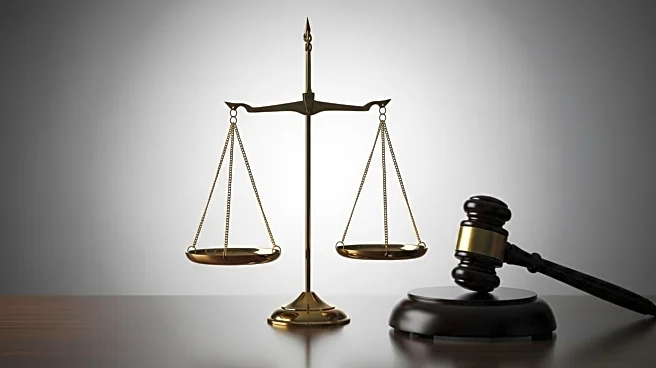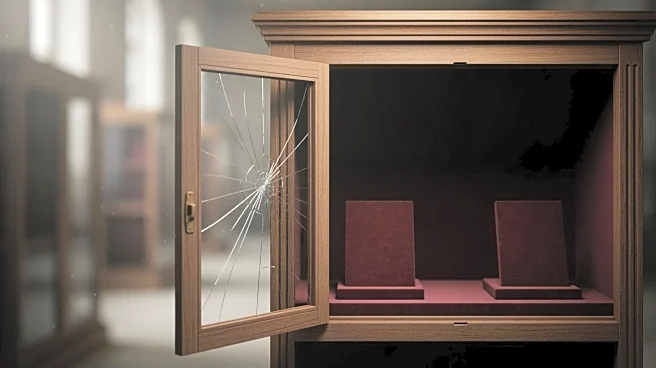What's Happening?
Ryan Routh, accused of attempting to assassinate President Trump at his Florida golf course, is representing himself in federal court. Routh allegedly aimed a rifle at President Trump while he was playing golf, but was spotted by a Secret Service agent who opened fire, causing Routh to flee. Routh has pleaded not guilty to charges including attempting to assassinate a major presidential candidate and assaulting a federal officer. He plans to call only three witnesses in his defense, including a firearms expert and two character witnesses. The trial, presided over by U.S. District Court Judge Aileen Cannon, is moving faster than anticipated, with closing arguments scheduled for Tuesday.
Why It's Important?
The case highlights the security challenges faced by high-profile political figures like President Trump. It underscores the importance of the Secret Service in preventing potential threats. The trial also raises questions about the legal system's handling of defendants who choose to represent themselves, as Routh has done. The outcome could set precedents for similar cases involving threats to public figures. Additionally, the case may influence public perception of safety measures at political events and the effectiveness of law enforcement in crisis situations.
What's Next?
Closing arguments are scheduled for Tuesday, after which jurors will begin deliberations. The trial's outcome could have significant implications for Routh, who faces the possibility of life imprisonment if convicted. The case may also prompt discussions on security protocols for protecting political figures and the legal rights of defendants representing themselves. Stakeholders, including political leaders and law enforcement agencies, may react to the trial's outcome and consider adjustments to security measures.








